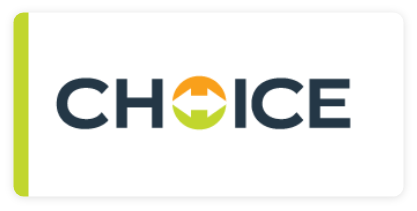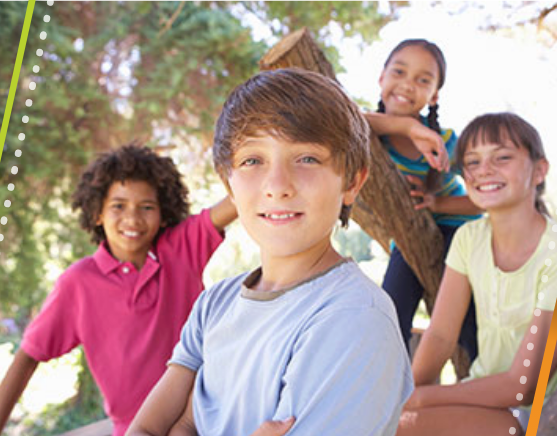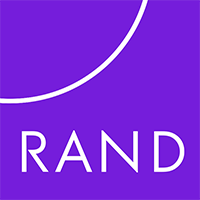
CHOICE is a voluntary, five-session group MI (motivational interviewing) program developed for middle school youth.
Programs > CHOICE
It takes place after school and each session lasts approximately 30 minutes.
MI allows the client’s values, opinions, and arguments for change to be the most important components of the discussion. Each session is free-standing, so that youth can complete the sessions in any order. CHOICE is geared toward both youth who do not use alcohol and other drugs (AOD) and youth who may be beginning to experiment with AOD. As such, CHOICE can be used as both prevention and intervention.
Session 1 focuses on reasons youth choose to use and not use AOD and provides normative feedback on AOD.
Session 2 discusses myths and realities about AOD and how youths’ beliefs can affect their AOD use.
Session 3 focuses on the “path of choices” and helps youth think about choices and outcomes related to their AOD use.
Session 4 focuses on direct and indirect pressure to use AOD and has participants conduct role plays to model responses to these different types of pressure.
Session 5 focuses on how to plan and prepare for high-risk situations where AOD may be present and how to make healthy choices in those situations.



Project CHOICE is evidence-based and it works and the students enjoy it.
Susie Holmes
Principal
Torrance Unified School District

